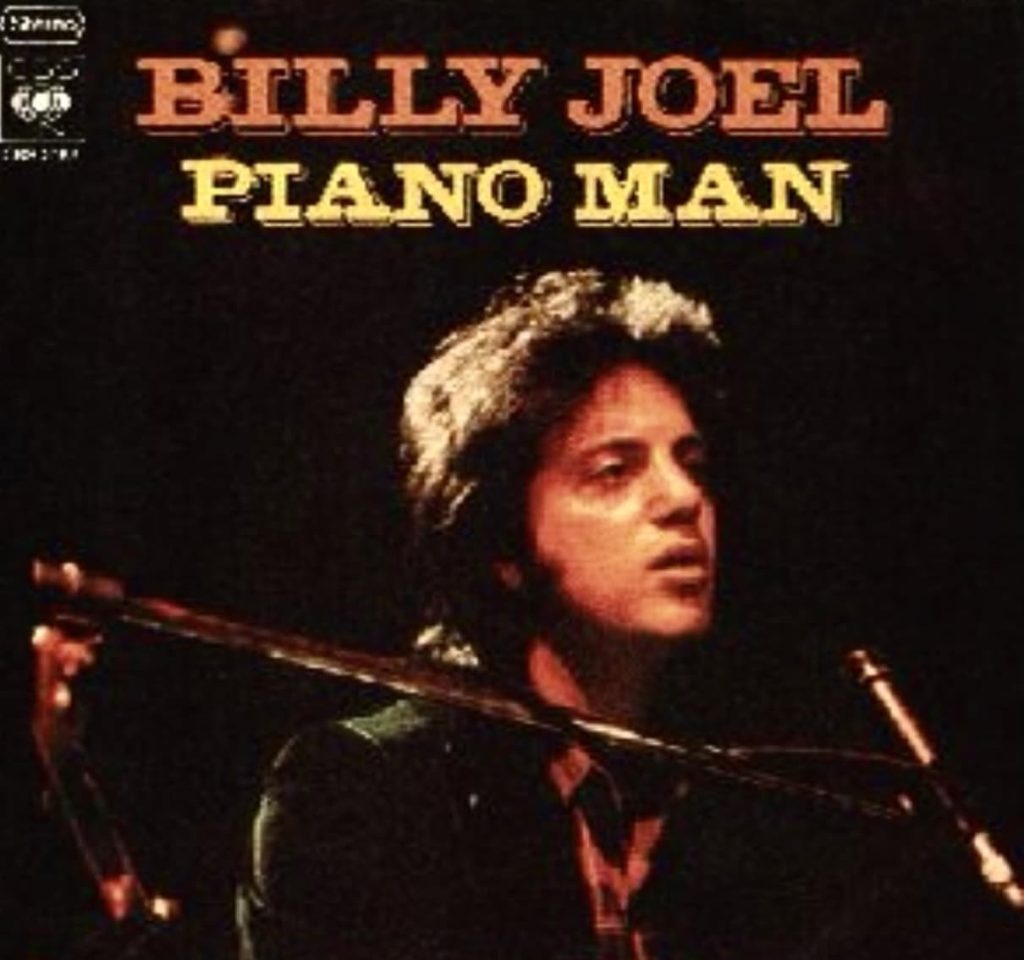
Exploring the Timeless Narrative of Billy Joel’s “Piano Man”: A Reflection on American Pop Culture
“Piano Man,” written and performed by American singer-songwriter Billy Joel, is a poignant snapshot of Americana and a deep dive into the human condition through the eyes of a bar’s piano player. Released as a single in the U.S. on November 2, 1973, and included in Joel’s album of the same name, this song swiftly became not just a staple in Joel’s repertoire but his signature piece, marking his first major hit. The song peaked at number 25 on the Billboard Hot 100 in April 1974 and has since been etched into the heart of American music history.
The song’s genesis is rooted deeply in Joel’s personal experiences. During a difficult phase of his career, after a disappointing debut with “Cold Spring Harbor,” Joel relocated from New York to Los Angeles. This move was part of an attempt to escape the restrictive clutches of Family Productions, his first record company. To make ends meet while evading his contractual obligations in New York, Joel assumed the alias “Bill Martin” and played piano at a now-defunct bar called the Executive Room in Los Angeles. This period not only provided financial relief but also rich material for what would become “Piano Man.”
The lyrics of “Piano Man” serve as a vivid tableau of the bar’s patrons, each character a poignant study of loneliness and unfulfilled dreams. The old man, the bartender named John, and the waitress are all struggling with their realities, and the piano man provides them, at least for a few hours, an escape into the melodies that he plays. This narrative is universal—a microcosm of the larger human experience where everyone is looking for a momentary respite from their lives, making the song resonate with a wide audience.
The chorus, with its inviting bar-room sing-along style, adds to the communal feel of the song, encouraging listeners to join in the refrain, “Sing us a song, / You’re the piano man; / Sing us a song tonight.” This element of participation reflects the song’s underlying theme of community and shared experience in the face of individual struggles.
“Piano Man” has not only charted a significant presence in music rankings but also garnered critical acclaim and prestigious accolades. It was inducted into the Grammy Hall of Fame in 2013 and preserved in the National Recording Registry by the Library of Congress in 2015 for its “cultural, historic, or artistic significance.”
Over the decades, the song’s popularity has endured, evidenced by its impressive streaming numbers and continued relevance in popular culture. The fact that “Piano Man” remains a beloved piece in Joel’s concerts, including his historic ongoing residency at Madison Square Garden, underscores its enduring appeal and the profound connection it has established with audiences across generations.
In essence, “Piano Man” is more than just a song; it’s a narrative rich with emotional depth, a lens through which we view the everyday hopes and despairs of ordinary people. Billy Joel did not just create a hit; he crafted a musical haven that continues to offer solace, reflection, and a collective singing voice to those yearning for a melody to make them feel alright, even if just for one night.